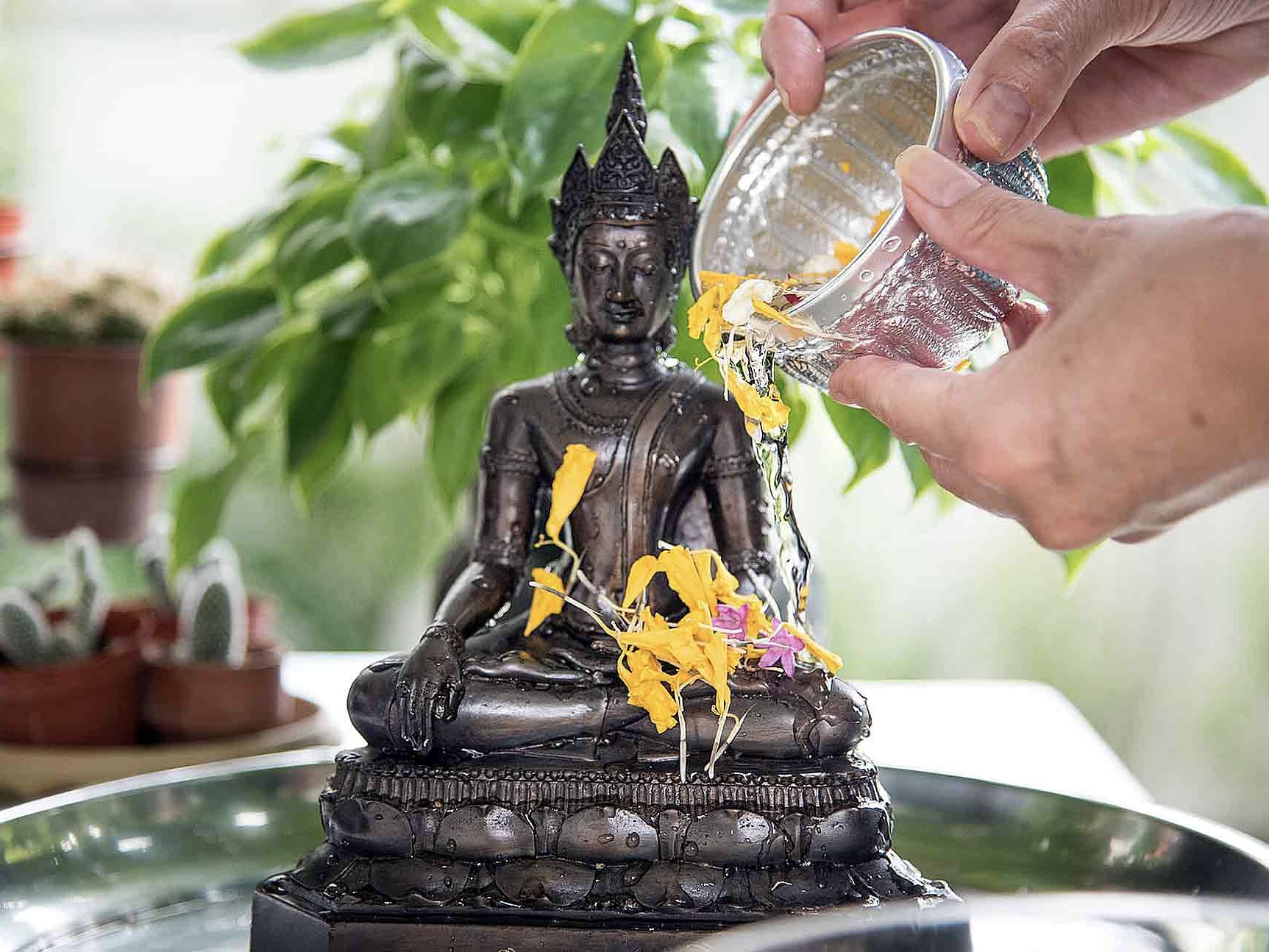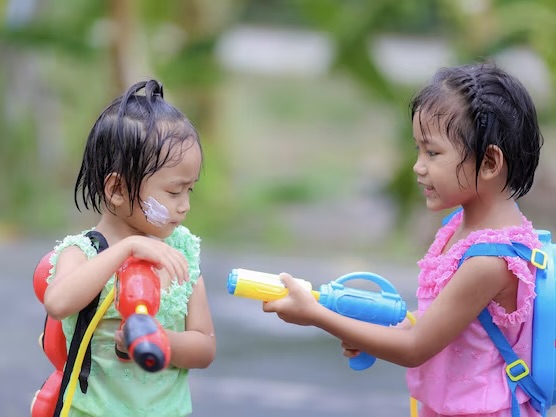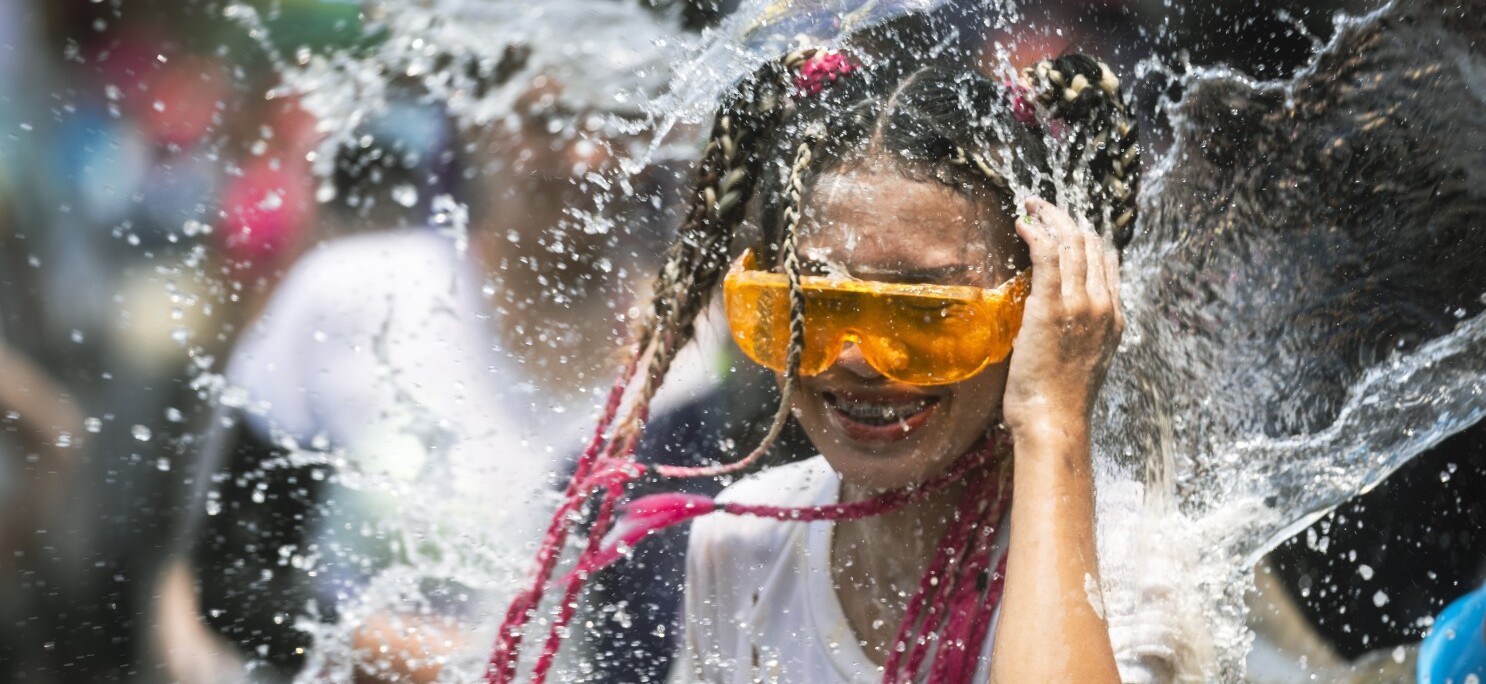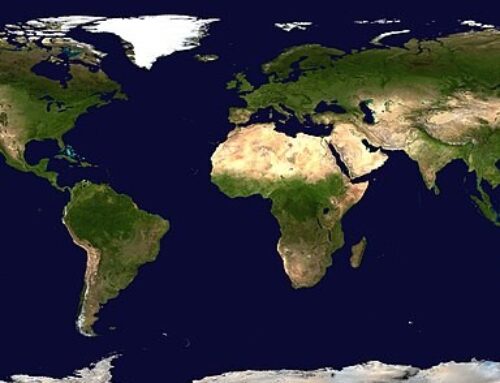
Something very special happens every April in Thailand, and across much of Southeast Asia. Starting on the 13th and lasting for a few days, Songkran transforms streets into battlegrounds as normally obedient citizens devolve into water gun wielding maniacs. But this traditional New Year festival is about so much more than ‘playing water’, as the Thais would call it, it is one of the most important and widely observed holidays each and every year. It marks a time of renewal, family reunions, and spiritual cleansing – but more on that later!
How Do People Celebrate Songkran?
By far the most exhilarating part of Songkran are the massive water fights that erupt across the country as it becomes a wet wonderland. Bangkok, Chiang Mai, and Phuket are great places to enjoy the carnage, but you’ll find more lowkey and culturally relevant festivities across the country in smaller towns and villages.
Super soakers are just the beginning, buckets and even hoses are some of the other tools used to drench anyone and everyone in sight. Laughter and splashes fill the streets as locals and tourists of all ages roam with beaming smiles and anticipation to engage in friendly water warfare. Nobody is off limits, the dryer you are, the more of a target you are. And watch out, ice-cold water is often used for an added surprise, not too bad in the roasting heat but always a shock.
Beyond all the fun Songkran is a deeply spiritual time when families reunite to partake in time-honoured traditions. Many Thais return to their hometowns to visit family and seek blessings, it is a beautiful ritual involving gently pouring scented water over Buddha statues and the hands of elders, symbolizing respect and the washing away of misfortunes. At temples, people make merit by offering food to monks, lighting incense, and building sand pagodas adorned with colourful flags.
If you are in Thailand during Songkran then make a point to try and experience the deeper side of the festival by visiting temples and spending time with locals, other than just covering them with water that is.

Where Did Songkran Come From?
The origins of Songkran can be traced back to ancient Hindu and Buddhist traditions in India, and is linked to the New Year in the astrological calendar. Various traditions spread across Southeast Asia over time but the festival became an especially important holiday in Thailand, blending Hindu astrology with Buddhist customs and local practices.
The significant association with water likely arose from agricultural societies where it was seen as a life-giving force that could cleanse and bring prosperity. Water was also particularly significant during the hot season when the land is dry and temperatures are staggering, this just so happens to be when Songkran falls on the calendar. So although the modern festival may have evolved into a high-energy celebration of widespread watery fun, its original meaning remains rooted deeply in Thai culture and Buddhist values.
Where is the Best Place to Celebrate Songkran?
Of course, the only place to celebrate Songkran properly is in the Land of Smiles itself, from Chiang Mai to Phuket and everywhere in between. And the best way to do that is as a teacher in this beautiful country! Check out your options here and make your impact today.
Shoot over any questions to josh@impact-teaching.com, I’m your Thailand Coordinator based in Chiang Mai, and I’m very excited for Songkran in a few weeks.
See you there!




